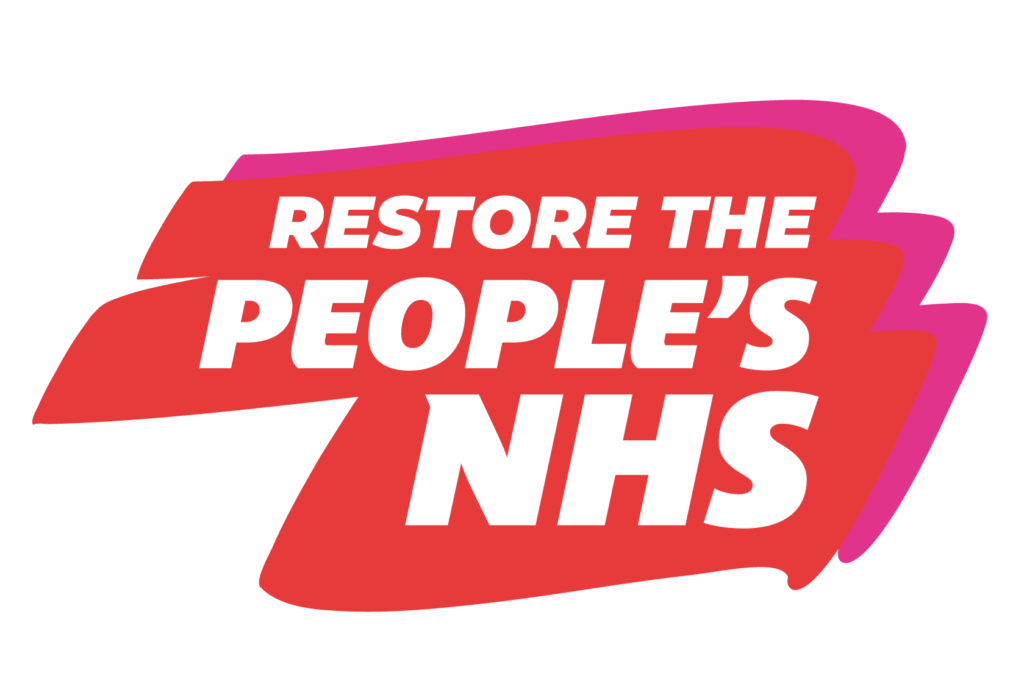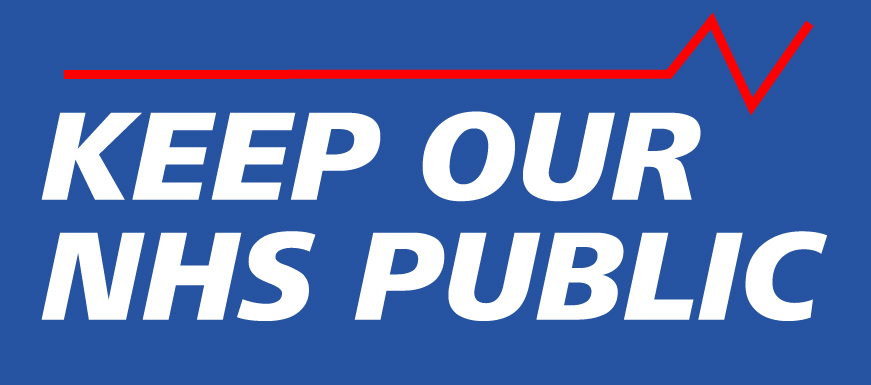
The UK Covid-19 Inquiry has already proven that tens of thousands of Covid deaths
were preventable. According to The Lancet ‘Amid the claims of extreme misogyny, profanity, and chaos …. [there] is a story of complete government breakdown’. The Covid pandemic revealed profound problems with the UK’s health and care system – see People’s Covid Inquiry (PCI). Deepening social inequalities exacerbate the impact of chronic underfunding of public health, preventive healthcare and mental health services. Covid-19 exploited these failings and social inequalities ensured fatally unequal outcomes.
WHAT ARE THE FACTS?
- See the People’s Covid Inquiry for supporting evidence on all that follows
- By October 2023 220,700 people had died from Covid, the worst outcome in Western Europe.
- Government policy has led to life expectancy stagnating and, for some groups, declining
- Before the pandemic, health, care and support services had been undermined by a decade of underfunding relative to need
- PPE was not available for staff, care homes and vulnerable people – procurement of PPE had been outsourced to private corporations who failed to supply what was needed
- 30,000 deaths resulted from delayed response of the Government when lockdown was inevitable in the first wave of the pandemic March 2020.
- 47,000 care home residents died from Covid after 25,000 untested patients were discharged to care homes without testing
- Six out of ten deaths from Covid in 2020 were disabled people
- Over 2000 Health and Care frontline staff died from exposure to Covid
- Government bypassed the NHS, universities, public health and local authorities and squandered £billions on failed Test & Trace, giving to incompetent private sector cronies
- Our current health and care services have no spare capacity and are now in an even worse position than pre-pandemic to cope with emergencies
WHAT MUST HAPPEN NOW?
- Restore a national and local public health service able to cope with the next pandemic
- Act on the lessons of social inequality – investment in public services, mental health and illness prevention delivers healthier population and economy and saves lives
- Pandemic plans must rely on universal access to an equitable, comprehensive, high quality, free at the point of use, publicly funded and provided NHS
- Effective planning to ensure that material resources, staffing and infrastructure can maintain essential services in times of emergency
- Much greater priority given to using evidence-based approaches to reducing inequalities in all services
- Services and procurement of equipment under direct control of government
- The pandemic is not over – clean air, ventilation, masks in healthcare settings must be established alongside wider access to vaccines
